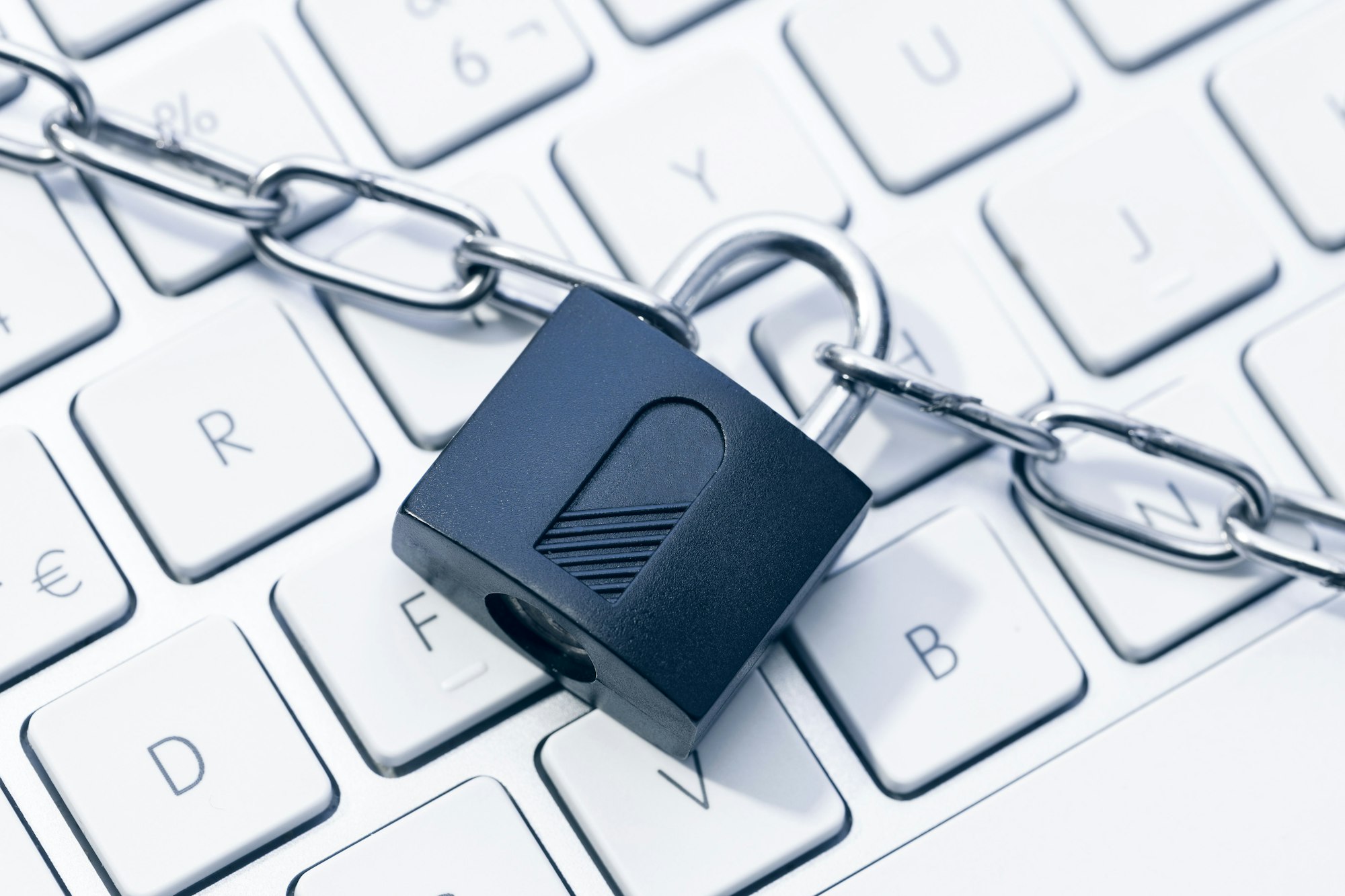
As churches increasingly embrace digital platforms, safeguarding online privacy and security has become essential. Protecting your church’s digital presence ensures the safety of your congregation’s information and fosters trust within your community. This post delves into the importance of digital security and offers actionable strategies to protect your church online.
Understanding Digital Threats: In the digital realm, churches face various security threats, from data breaches to phishing attacks. Recognizing these risks is the first step in safeguarding your church’s online presence. By understanding potential vulnerabilities, you can implement measures to protect sensitive information and maintain a secure digital environment.
Strategies for Enhancing Digital Security:
The Role of Trust in Digital Security: By prioritizing digital privacy and security, your church demonstrates a commitment to protecting its members and their information. This builds trust within your community, reinforcing the church’s role as a safe and welcoming environment.
Conclusion: Digital privacy and security are crucial components of your church’s online presence. By implementing these strategies, you can protect your congregation’s information and maintain a secure digital environment. As technology continues to evolve, staying informed and proactive about security measures will ensure your church remains a trusted and resilient community.
Ready to enhance your church’s digital security? Contact us today to learn more about safeguarding your online presence and building trust within your community.